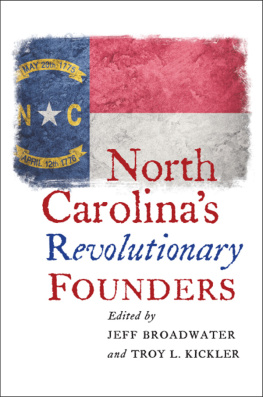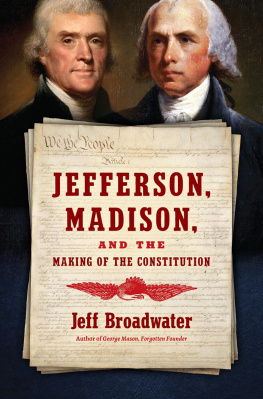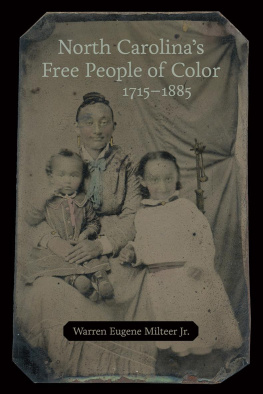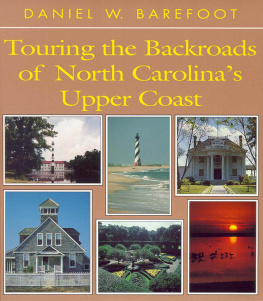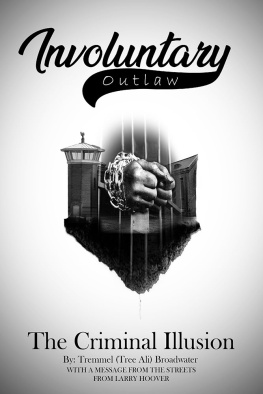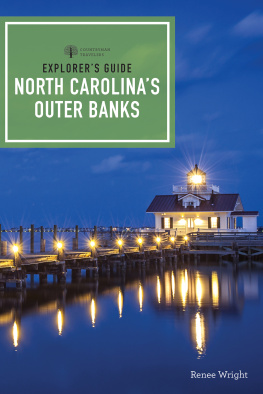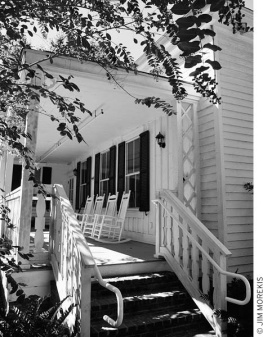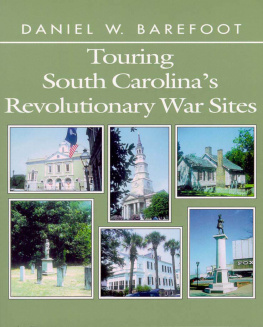2019 The University of North Carolina Press
All rights reserved
Designed by Jamison Cockerham
Set in Arno, Dear Sarah, IM Fell English, and Scala Sans by codeMantra, Inc.
Manufactured in the United States of America
The University of North Carolina Press has been a member of the Green Press Initiative since 2003.
Cover illustration: Grunge North Carolina State Flag; Allexxandar, iStockphoto.com.
LIBRARY OF CONGRESS CATALOGING-IN-PUBLICATION DATA
Names: Broadwater, Jeff, editor. | Kickler, Troy, editor.
Title: North Carolinas revolutionary founders / edited by Jeff Broadwater and Troy L. Kickler.
Description: Chapel Hill : The University of North Carolina Press, [2019] | Includes bibliographical references and index.
Identifiers: LCCN 2018046424 | ISBN 9781469651194 (cloth : alk. paper) | ISBN 9781469651200 (pbk : alk. paper) | ISBN 9781469651217 (ebook)
Subjects: LCSH: North CarolinaHistoryRevolution, 17751783. | North Carolina HistoryRevolution, 17751783Biography. | PoliticiansNorth CarolinaHistory17th century. | PoliticiansNorth CarolinaBiography.
Classification: LCC E263.N8 N83 2019 | DDC 975.6/03dc23
LC record available at https://lccn.loc.gov/2018046424
Introduction
North Carolina in an Age of Revolution
Jeff Broadwater & Troy L. Kickler
Why a collection of essays devoted, for the most part, to a representative group of North Carolina political leaders during the era of the American Revolution? For one reason, Americas decentralized political system meant that the success of the Revolution in North Carolina, and elsewhere, depended in great part on the efforts of an influential cadre of provincial leaders, or ordinary founders, as Karl Rodabaugh has described North Carolinas Richard Dobbs Spaight. From its very beginning, the United States had something like a federal system. From 1776, when thirteen North American colonies declared their independence from Great Britain, until the United States Constitution took effect in 1789, political power in the new American republic lay largely with the states. If we define federalism to mean a system in which power is divided between a central administration and political entities on the national or imperial periphery, which seems reasonable, federalism in America has a long history.1
That history can be traced through three stages. The first would be an imperial stage in which colonial assemblies struggled for autonomy from the British Parliament. The second would be a revolutionary stage in which a weak central government attempted to manage a war for independence but generally deferred to state governments operating under their respective state constitutions. The ratification of the U.S. Constitution marked the beginning of a third stage, in which a lengthy list of enumerated powers was bestowed upon a national government that would exercise a dual sovereignty with the individual states.
The Constitution reinvigorated the national government and gave Congress, among other powers, the authority to tax and to regulate commerce. Yet, with its elaborate system of checks and balances and its Bill of Rights, the Constitution created a government devoted to negative liberty, or in other words, a government designed to respect the rights of its white citizens. By contrast, the states retained broad, and often coercive, powers in areas not subject to exclusive federal jurisdiction. Very different legal regimes were allowed to coexist. Article VI of the U.S. Constitution, for example, provided that no religious Test shall ever be required as a Qualification to any Office or public Trust under the United States. Meanwhile, Article 32 of the North Carolina Constitution of 1776 prohibited Catholics, Jews, or atheists from holding state office.2
In addition to the critical role played by the states in the American founding, a second consideration motived this volume. The figures profiled in the succeeding pages have been relatively neglected by historians and virtually forgotten by the general public. North Carolinas ordinary founders have almost, if not quite, disappeared from our collective memory. Only a few of our founders have been the subject of even one full-length, published biography. Others have received little more scholarly attention than an encyclopedia entry. More typical of their fates in the secondary literature would be a solid but dated article in a regional journal. William Hooper and William R. Davie have inspired excellent dissertations, but dissertations do not circulate widely.
North Carolinas unique history and distinctive political culture offer a final reason to look closely at its founders. By adopting the Halifax Resolves in April 1776, North Carolina became the first American colony to call for independence from Great Britain. Yet Tar Heels refused to ratify the United States Constitution until November 1789, months after the new federal government had begun to function. Only Rhode Island, the last state to vote for ratification, showed more resistance to the new regime. Isolation; a lack of economic development; sectional, ethnic, and religious tensions; and political corruption and dysfunction had bred in many North Carolinians an intense localism and a distrust of government in general.
Events specific to North Carolina, including the foreign attachment controversy over the jurisdiction of colonial courts, fanned the flames of independence as anti-British sentiment grew throughout the colonies in 1775 and 1776. In 1789, North Carolinians bowed to the inevitable and accepted the Constitution, giving the states Federalists a brief ascendency, but a small-government ideology deeply rooted in North Carolinas history and culture would soon reassert itself.
Since its founding in the mid-1600s, the colony had been racked by coups, countercoups, piracy, and Indian wars. The establishment of a royal government and the appointment of a royal governor in 1729 brought a degree of order, but a series of governors faced stubborn opposition from a local assembly determined to protect what it understood to be its prerogatives under North Carolinas colonial charter. By 1750 or so, politics in most of the colonies had stabilized under the leadership of a fairly responsible provincial elite. Yet North Carolina lagged behind. In North Carolina, the acerbic Anglican cleric Charles Woodmason complained, The Civil Police is hardly yet established.3
The lack of a deep-water harbor, a scarcity of navigable rivers, and a generally poor transportation system retarded economic development. Shortages of capital and skilled labor presented additional obstacles. A classic colonial economy, North Carolina exported the products of its fields and forests: corn, salt pork and beef, animal skins and wooden shingles. Cash crops included tobacco and rice, but North Carolina did not produce either on the scale seen in Virginia or South Carolina. Raising livestock, which usually roamed free, was the most lucrative activity in the backcountry. North Carolina did produce the bulk of the colonies naval storesthe tar, pitch, and turpentine used to caulk and seal the timbers and ropes of the eras wooden sailing ships. Wealth typically took the form of land and slaves, but probably less than a third of the colonys white families owned slaves before the Revolution.4

